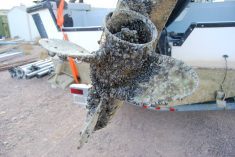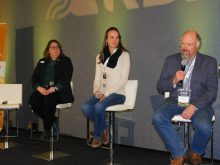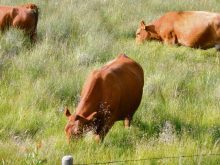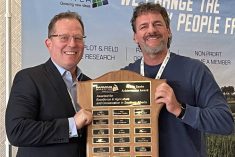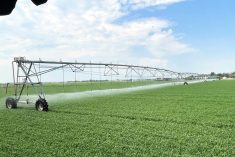Canada’s egg producers are funding a poultry welfare chair at the University of Guelph to help them develop new housing systems for their birds.
Egg Farmers of Canada will contribute $110,000 a year for the next seven years to research alternative housing for layer hens.
The research will be headed by Tina Widowski, a University of Guelph animal science professor.
Widowski is already director of the Campbell Centre for the Study of Animal Welfare at the university.
In her new role, Widowski will lead researchers in studying different systems for egg production, including enriched and aviary systems.
Read Also
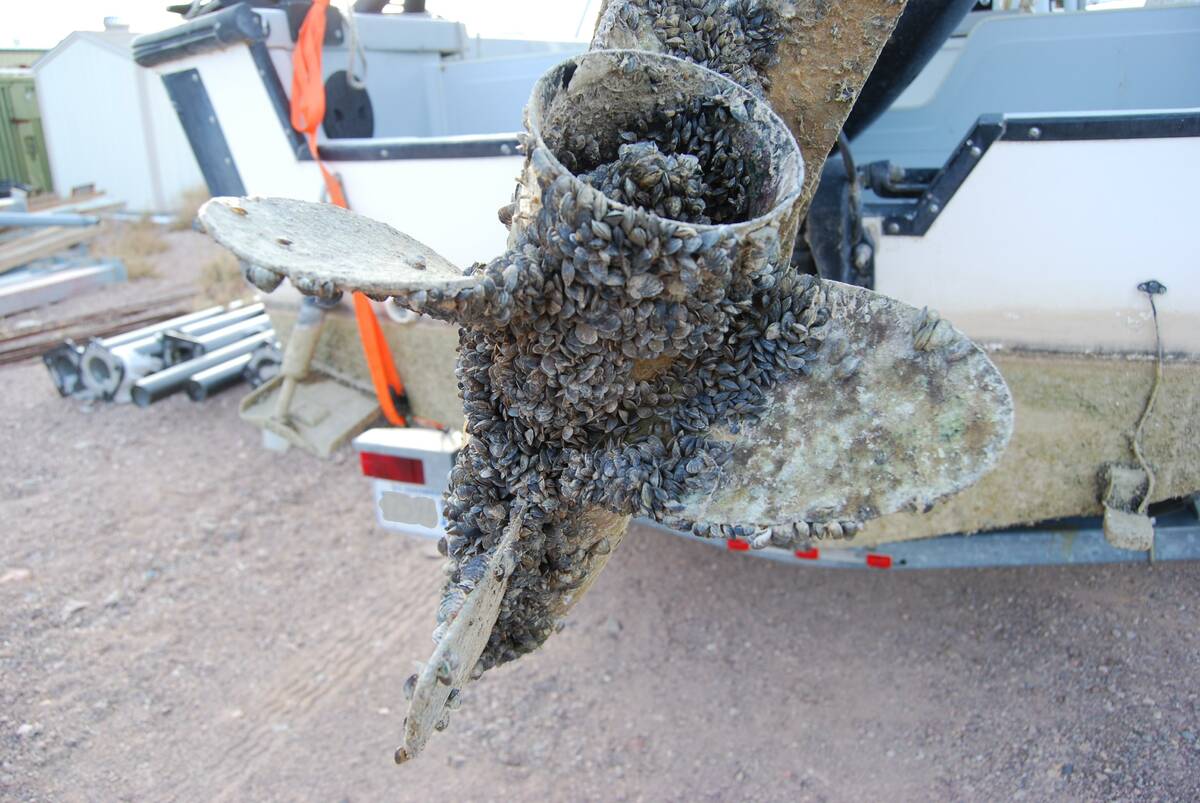
Invasive species council lending a helping hand to Alberta agricultural producers
Alberta Invasive Species Council unveils the huge economic effect of keeping invasive species unchecked to agricultural production in the province.
Widowski’s work will focus on housing systems that enable hens to express their natural behaviour, such as perching, nesting and dusting, while still ensuring humane standards and good management, said Egg Farmers of Canada chairman Peter Clarke.
“We want to make sure that they’re always doing the best that they can in different types of environments, whether that be the cage-type system, free run or free range,” he said.
Alternative housing for layer hens is becoming a major issue for egg farmers as battery cages, currently an industry standard, fall into disfavour with consumers and the animal welfare movement.
Battery cages are being eliminated in Europe and are coming under increasing pressure in North America. Several U.S. states have voted in public referenda to phase them out.
Clarke, a producer from Annapolis Valley, Nova Scotia, said EFC has no official policy on hen housing. Instead, the agency leaves it up to producers to decide what’s best for their birds.
“We’re not suggesting that it needs to be any one specific housing. And there’s no one ideal system either. It’s up to the producers, with the influence of what customers want today and what type of housing they want.”
Manitoba Egg Farmers created a stir within EFC in 2010 when it implemented a policy requiring new egg barns to have enriched cages or other alternate housing systems, beginning in 2018. Existing operations will not have to meet the new requirements.
MEF did not consult with EFC before making the move, which upset other member provinces.
But Clarke said EFC accepts Manitoba’s decision.
“We always prefer to have complete involvement in these types of processes as they’re rolled out across the country,” he said.
“But that was a choice they made and, since they made it, we have to respect it.”
———
“We’renotsuggestingthatitneedstobeanyonespecifichousing.”
PETER CLARKE EFC


